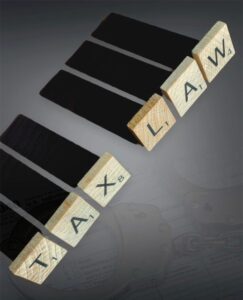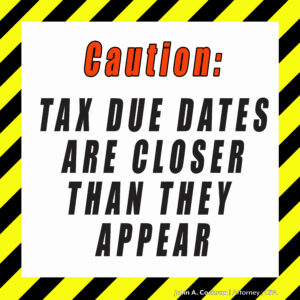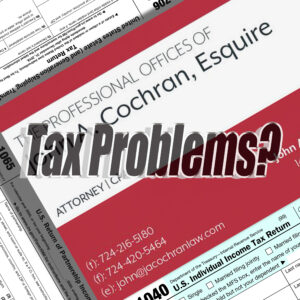Tax Evasion-What Not to Do. When the federal government couldn’t put together criminal charges on Al Capone, tax evasion brought him down. While he’s probably the most notorious tax evader, plenty of other high-profile tax evaders saw their days in court, too.

What Not to Do
Every so often, celebrities will make the headlines for massive tax evasion and tax fraud criminal cases. They often face time in prison and fines running into the tens of millions.
While you may not make gangster or celebrity-level income, choosing to avoid paying your taxes can land you in similar hot water with the IRS. I cannot stress enough that if you choose to “forget” to pay your taxes, the IRS will eventually find you.

Tax Minimization Methods
Don’t try to ignore or run away from your tax liabilities. Instead, work with a tax professional to use many different tactics to minimize your taxes legally. Here’s just a short list of examples:
1. Municipal Bonds
When you purchase municipal securities you are in effect loaning a state or local government money for capital expenditures, the interest they pay are tax exempt for most taxpayers.
2. Max-out Retirement Accounts and Employee Benefits
Contributing to a workplace 401(k) or 403(b) plan does more than help solidify your nest egg for retirement. As of 2022, you can contribute up to $20,500 ($27,000 for those 50 and older) and reduce your taxable income.
3. Use a Health Savings Plan
If you use a high-deductible health insurance place, you can reduce your taxes with a health savings account (HSA). For 2022, individuals can contribute up to $3,600 a year ($7,300 for families) that are 100% tax deductible.
4. Claim Every Legal Tax Credit
Depending on your situation and income levels, you can claim credits for a lot of different expenses, including:
Earned Income (depending on income levels and number of children)
American Opportunity Tax Credit (during first four years of a student’s postsecondary education)
Saver’s Credit (depending on income levels and retirement contributions)
Child and Dependent Care Credit (depending on income levels and qualified expenses for the care of children and disabled dependents)
Quarterly Tax Payments
If you own a business or have Self-employment income, paying estimated quarterly taxes should become part of your operations. Anyone with rental property income or investments may also need to pay estimated quarterly taxes, even if the employer withholds taxes from their paychecks.
If you wait until the end of the year, you’ll likely have to face a massive bill. Not only that, but you may also face penalties for late payment on those quarterlies. Overestimating or underestimated earnings can get complicated, especially with the IRS wanting specifics forms for different scenarios.
Using Trusted Tax Professionals
All these options come with their own complications, which is why we recommend working with a trusted tax professional. Experts like those in our office can help you stay on the right side of the law. And we’ll ensure you pay the lowest possible taxes for your personal or business income. Additionally, follow along with our Tax Evasion-What Not to Do blog to stay on the up and up.
Schedule a consultation with our office at 724-216-0704 or use our online form.














